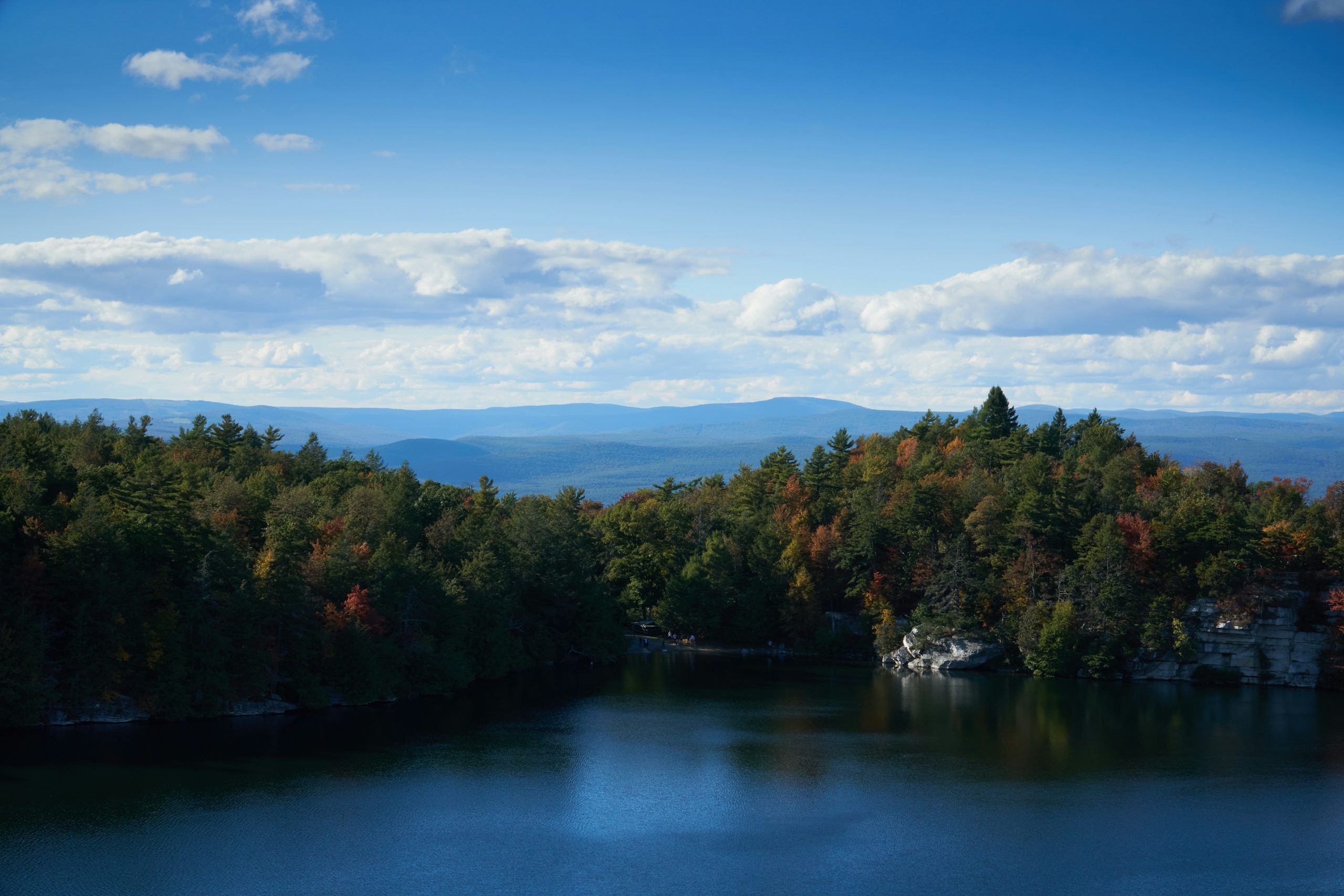
 Roddenberry Prize awarded to science and technology ventures Conservation X Labs and its spin-out, Thylacine Biosciences, was one of five finalists awarded part of the $1.5 million Roddenberry Prize for audacious early-stage science and technology ventures that contribute to the United Nations Development Goals (UN SDGs). Prize candidates were selected from an incredibly competitive process featuring ventures nominated by over 300 venture capitalists, impact investors, and foundations in 18 countries. The award recognized our efforts in creating the NABIT, our device that addresses multiple problems, including biodiversity loss, food insecurity, and disease spread and spillover. Our aim is to democratize genetics for planetary health through a battery-powered, portable instrument designed for easy-to-use genetic testing in the field. Read the full story.
Roddenberry Prize awarded to science and technology ventures Conservation X Labs and its spin-out, Thylacine Biosciences, was one of five finalists awarded part of the $1.5 million Roddenberry Prize for audacious early-stage science and technology ventures that contribute to the United Nations Development Goals (UN SDGs). Prize candidates were selected from an incredibly competitive process featuring ventures nominated by over 300 venture capitalists, impact investors, and foundations in 18 countries. The award recognized our efforts in creating the NABIT, our device that addresses multiple problems, including biodiversity loss, food insecurity, and disease spread and spillover. Our aim is to democratize genetics for planetary health through a battery-powered, portable instrument designed for easy-to-use genetic testing in the field. Read the full story.

 A Komodo dragon, classified as Endangered by IUCN as of 2021 due to the impacts of climate change and habitat loss, poses in Bali. This is where our team recently hosted our Indonesia Fire Little Think to uncover the issues facing this key region as we develop and design the Fire Grand Challenge . |
A Komodo dragon, classified as Endangered by IUCN as of 2021 due to the impacts of climate change and habitat loss, poses in Bali. This is where our team recently hosted our Indonesia Fire Little Think to uncover the issues facing this key region as we develop and design the Fire Grand Challenge . |

🗒 ️ Notes from the field  This March, our team hosted a Big Think to design the Fire Grand Challenge at Tomales Bay in California.Experts from the Amazon, Indonesia, and Western North America joined together to define the focus of the Challenge to determine where there is opportunity for innovation. Watch a video showcasing a few of our Think participants.
This March, our team hosted a Big Think to design the Fire Grand Challenge at Tomales Bay in California.Experts from the Amazon, Indonesia, and Western North America joined together to define the focus of the Challenge to determine where there is opportunity for innovation. Watch a video showcasing a few of our Think participants.
 We’re working with Dr. Magdalena Bermejo and the Hasso Plattner Institute to useSentinel AI to identify individual lowland gorillas in the Republic of the Congo. Automatic identification sheds light on the complex social networks formed by this endangered species and will help us understand how to help protect it. Sentinel was recently recognized as a finalist for AI for the Planet.
We’re working with Dr. Magdalena Bermejo and the Hasso Plattner Institute to useSentinel AI to identify individual lowland gorillas in the Republic of the Congo. Automatic identification sheds light on the complex social networks formed by this endangered species and will help us understand how to help protect it. Sentinel was recently recognized as a finalist for AI for the Planet.
 We recently contributed to a new paper published in Applications in Plant Sciences about using a type of focused ultrasound to improve DNA extraction from leaves. We envision this technology being integrated into the NABIT in the future toprevent illegal timber trafficking.
We recently contributed to a new paper published in Applications in Plant Sciences about using a type of focused ultrasound to improve DNA extraction from leaves. We envision this technology being integrated into the NABIT in the future toprevent illegal timber trafficking.

📚 What we’re learning Update to ‘An assessment of the risks and impacts of seabed mining on marine ecosystems’, 2023 | This recent report published by Fauna & Flora International covers the risks of deep-seabed mining. It highlights the extensive and irreversible negative impacts on sea biodiversity and calls for avoiding this practice. – Maria Ferndanda An Immense World by Ed Yong, 2022 | This book provides such a new and interesting look at the various senses that animals have and how we often anthropomorphize them because they are too complex for us to understand. Fascinating stuff! – Taylor Save the Whitebark Pine, 2023 | If you go for a hike out West, you’ve probably seen a dead whitebark pine (or more likely ten thousand of them). This video gives a good review on what’s killing them and what people are doing about it. – Liam

 🌎 Where in the world is CXL? Washington, DC – Our CEO & Co-Founder Alex Dehgan just spoke on a panel at theWorld Vaccine Congress on April 5th. New York City – We will be hosting a Big Think to design our upcoming Textile Circularity Challenge from April 24-25th. |
🌎 Where in the world is CXL? Washington, DC – Our CEO & Co-Founder Alex Dehgan just spoke on a panel at theWorld Vaccine Congress on April 5th. New York City – We will be hosting a Big Think to design our upcoming Textile Circularity Challenge from April 24-25th. |

©2022 Conservation X Labs.No longer want to receive emails? Unsubscribe1066 31st St NW, Washington DC 20007



